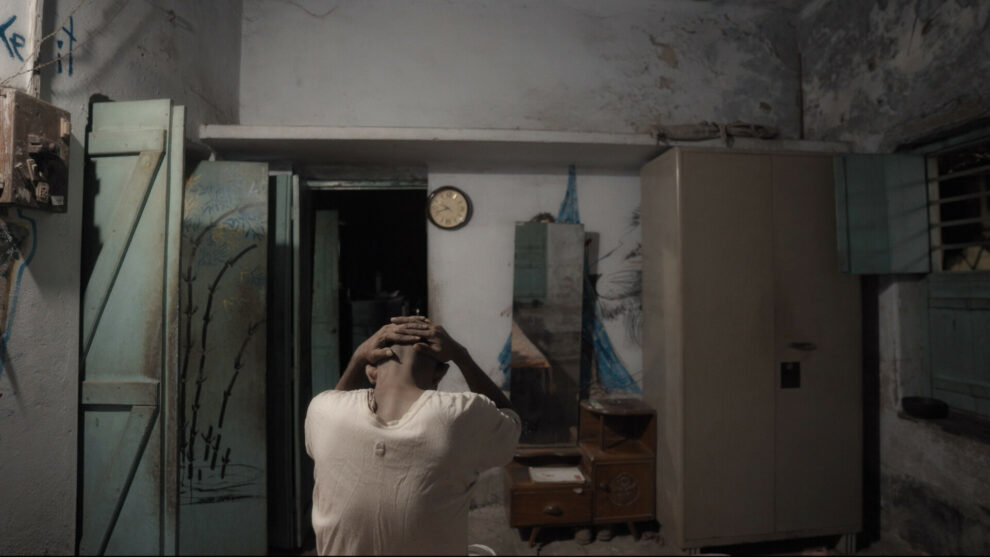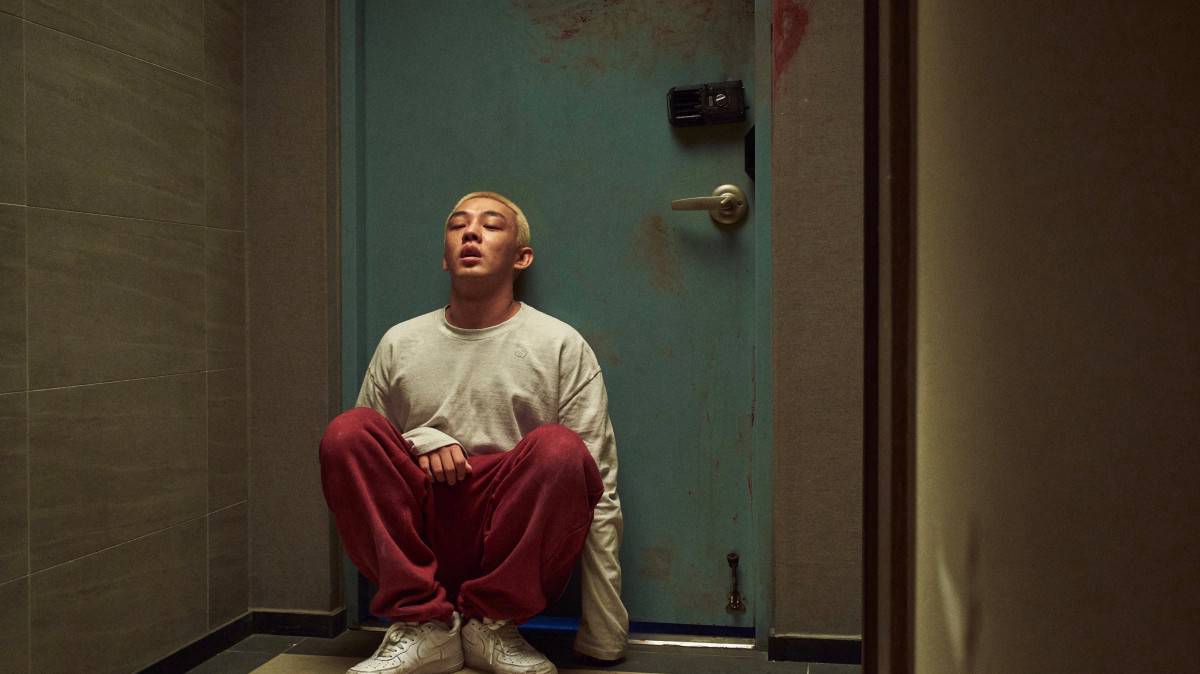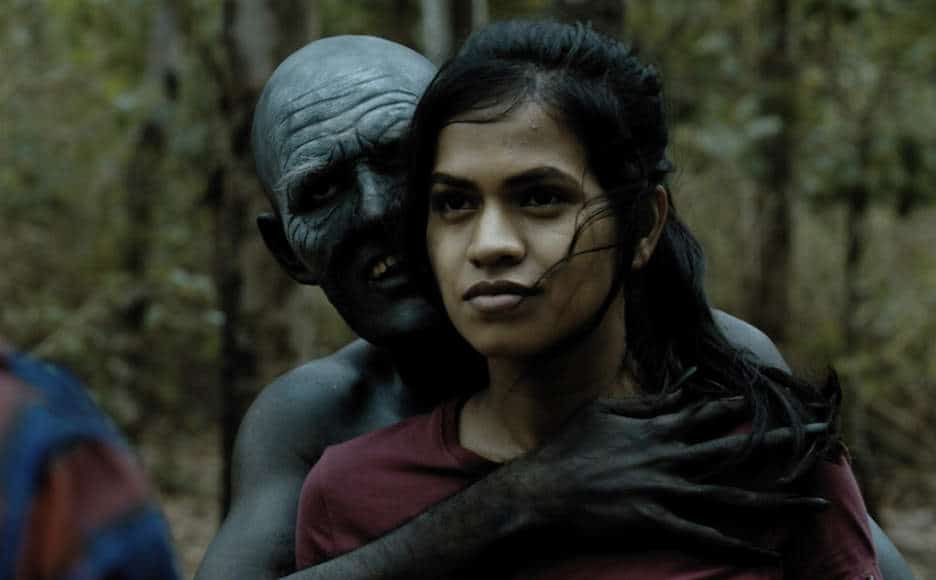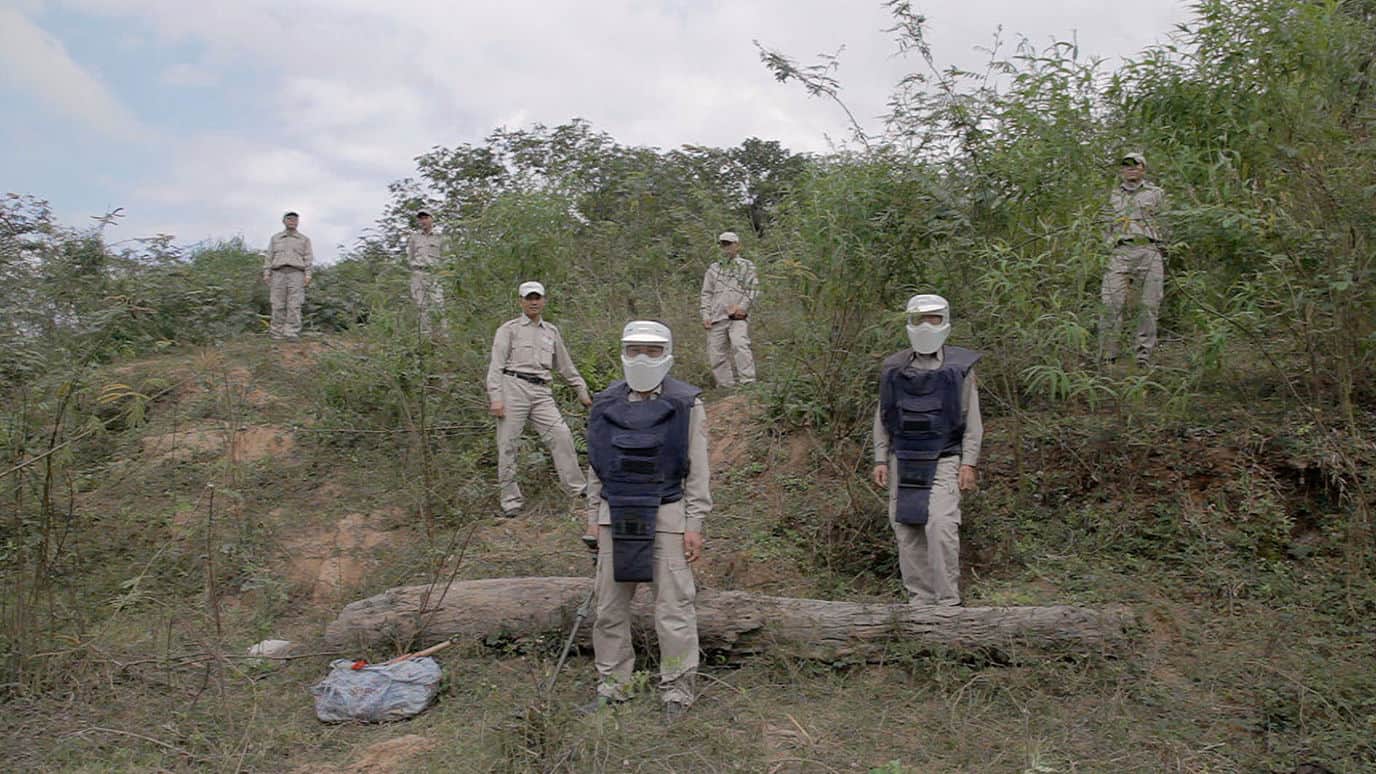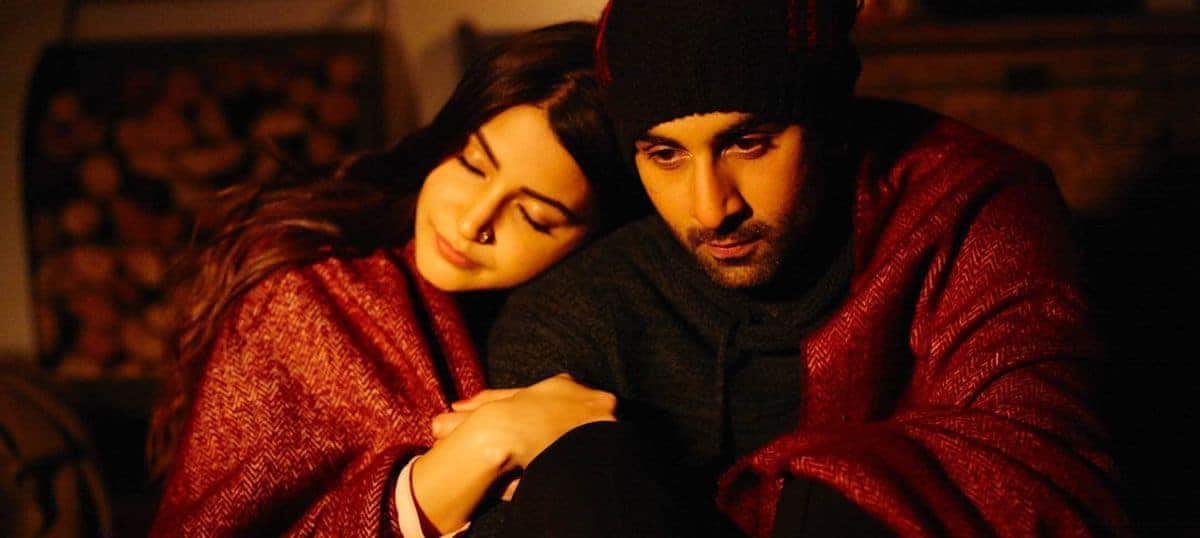From the director's statement: Our work aims to address the often-overlooked issues of mental health and domestic abuse that are prevalent in contemporary society.
‘Chimera', according to Greek mythology, was a monstrous fire-breathing hybrid creature from Lycia, Asia Minor, composed of different animal parts. It also stands for an illusion or fabrication of the mind. It tells a deeply personal story about my relationship with a neighbor during my pre-teen years. He was an elderly man who suffered from a mental syndrome that went undiagnosed due to a lack of awareness and resources. Neglected by his family, he was confined within the walls of his home. His family was impatient with him, and he was often yelled at. He would call out to passersby for conversations, which some would entertain, but many would simply walk away, citing a lack of time. I visited him whenever I could. In his final days, he lay in his bed murmuring to himself, and his memory fluctuated. He eventually succumbed to bed sores. I was left with a deep sense of regret and sorrow, which became even more profound as I matured.
Our film is a cautionary tale about the significance of empathy and raising awareness. Several members of our team are currently experiencing similar situations with their grandparents, and they are taking proactive measures to prevent the same mistakes. Studies indicate that 80% of Indians with mental health issues do not seek treatment, a concerning figure. I hope that this film serves as an opportunity to showcase our work as it deals with issues that are concurrent and timely.
“A New Year's Dance” review is part of the Submit Your Film Initiative

The film begins with a view of a decrepit ceiling fostering a fan, and a woman asking Baba to come to eat. A mirror just in front of the elderly man provides a very intriguing frame, as we watch him slowly getting out of bed. In the next scene, in a room full of graffiti, the aforementioned woman tries to make the elderly man eat more, as otherwise, he will wake up hungry during the night asking for food. She is obviously frustrated, something that is channeled in the way she puts the food on his and another, younger man's plate. A question about the arrivals of the builders begins even more tension on the table, as it is revealed that the young man is the woman's son and the artist of the graffiti.
The next scene takes place in the old man's room once more. Obviously in some sort of ‘limbo', he seems not to be aware exactly what is happening around him. The next scene brings us back to the table, where the tension this time moves between the grandfather and the son. Night comes and the grandfather is on his own once more, with his nervously moving leg also moving his underwear, in another visually impressive scene here. A scene of violence follows in the harshest fashion.
Seemonta Halder directs a film about elderly senility and how worse it can be for everyone involved in a toxic environment that is also characterized by poorness. Apart from the particular notes, though, the film also presents a rather bleak comment on the concept of family, with a grandfather with senility, a young man who is more a problem than any help, and a daughter-in-law who has to take everything on herself, and thus, is at her wit's end. The fact that they seem to have no help from the government or any other institution can also be perceived as comment on the health system in India, but also on patriarchy, who would not allow for such ailments, as the one of the grandfather, to be acknowledged and addressed properly.
That a large part of the movie is presented through the eyes of the troubled of the grandfather adds a very appealing sense of disorientation and mystery to the 15 minute short, which frequently makes it function as a thriller. Sandeepan Nath's cinematography and Halder's own editing, apart from the particular scenes mentioned before, highlights the aforementioned sense, while being the main source of the overall atmosphere here, in a rather competent job.
Dibyendu Chakroborty as Grandfather highlights his disorientation quite eloquently, with the same applying to the frustration of Swadhina Chakroborty as Mother and Kunal Chakraborty's brattiness as Grandson. The chemistry of the three is also very good, and the main source of the realism that permeates the movie.
Although promoted as a film aiming to raise awareness, I feel that the atmosphere and the overall cinematic approach point more towards a horror. Furthermore, the message that is most eloquently presented in the film concerns more the dysfunctionality of the family as institution than mental illness. As such, I would be very eager to see Seemonta Halder direct a horror or a family drama, since he definitely has the eye for composition and knack for creating atmosphere.


